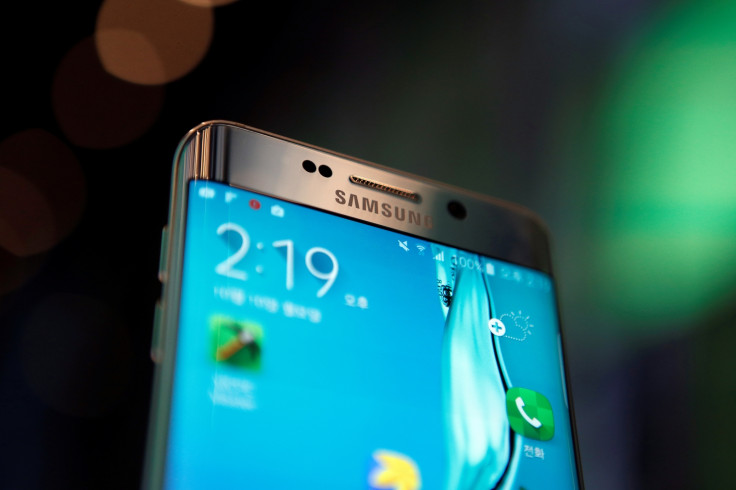Samsung delays Galaxy S8 development as engineers still looking into cause of Note 7 fire
The company is expected to make an announcement about the S8 in February 2017.

Samsung has pushed back the development of its next-gen Galaxy S series flagship by two weeks as its engineers are still looking into what exactly caused the Galaxy Note 7 fires.
The Galaxy S8 has attracted a lot attention after Samsung announced an unprecedented recall of the Note 7 for the second time and then decided to discontinue it permanently.
The latest development about the Galaxy S8, which is expected in February 2017, has been disclosed by The Wall Street Journal after obtaining information from a member of the S8 development team.
Following reports about the Note 7 catching fire in early September, Samsung executives debated how to handle the situation, people familiar with the situation told the WSJ. A lab report pointed out an issue in the Note 7 batteries that were supplied by Samsung SDI, a sister company of Samsung.
However, there was no definitive answer regarding the battery bulges. The recall Samsung issued for the first time in September was seemingly based on incomplete evidence.
A couple of weeks after the recall, Samsung began selling the Note 7 using batteries from another supplier, deemed to be safe. But a spate of fire incidents involving devices that were supposed to be safe replacement units, forced Samsung to kill the Note 7 for good.
The US Consumer Product Safety Commission (CPSC) is planning to investigate whether Samsung notified the agency about the risk posed by the device. Samsung rushed to launch its own recall a second time, without reportedly waiting for the CPSC's formal process. This might have prevented the regulators from finding out the root cause of the fire, believe US lawmakers.
A Samsung spokeswoman said the company worked with the agency to take immediate action to stop sales and production. She said: "We recognised that we did not correctly identify the issue the first time and remain committed to finding the root cause. Our top priority remains the safety of our customers and retrieving 100% of the Galaxy Note 7 devices in the market."
According to a Samsung executive, the engineers are also investigating whether the battery case was too small to make room for a battery.
"What Samsung should have done, very early on, was to share even its preliminary findings or thoughts" with US regulators rather than pushing its own recall, said Stuart Statler, a former CPSC commissioner.
The CPSC regulations suggest the companies will require reporting potential product issues within 24 hours. But the commission let off companies that were truly uncertain of an issue and had spent a fair amount of time investigating the situation.
© Copyright IBTimes 2025. All rights reserved.





















